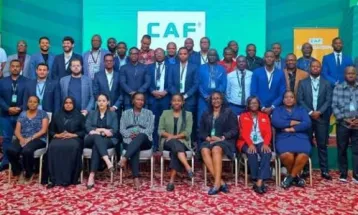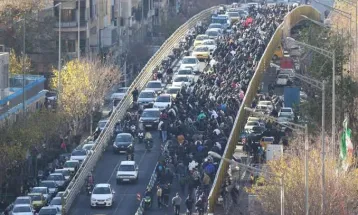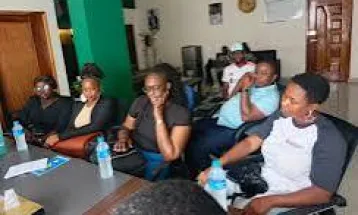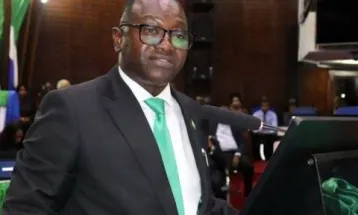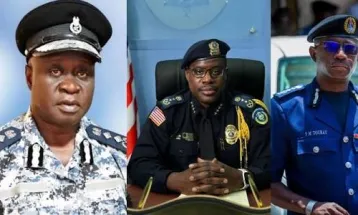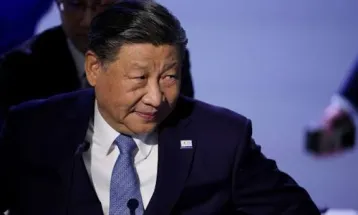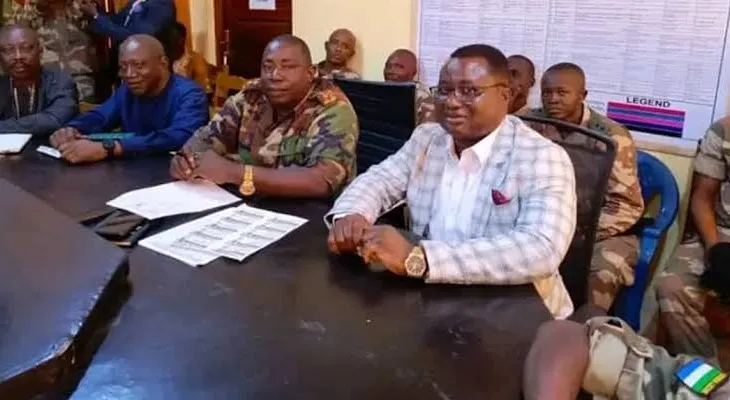
Controversy Surrounding the Use of Soldiers as Invigilators at EBK University Exams: A Human Rights Perspective
The Ernest Bai Koroma University of Science and Technology in Makeni, Northern Sierra Leone, has stirred widespread criticism with its decision to employ officials from the Fourth Infantry Brigade as invigilators for its upcoming examinations. This move, announced through various channels including social media platforms, has raised concerns both within and outside the university community.
Scheduled to commence on April 3rd and conclude on April 19th, 2024, the university's decision to engage fifty military officers to oversee the examination process has sparked debate and scrutiny. A statement by the Deputy Vice Chancellor, Edwin Momoh, confirmed that the officers underwent an orientation workshop to acquaint them with their invigilation duties, as directed by the university administration.
However, this decision has not gone unchallenged. Critics, including prominent human rights lawyer Billy Kamara, have questioned the legality and appropriateness of involving the military in academic assessments. Kamara argues that examinations should take place in an environment that is conducive, accommodating, and free from intimidation, factors crucial for students to perform optimally. Citing research findings, Kamara emphasizes the importance of creating a relaxed and supportive atmosphere for students, as it correlates with improved academic outcomes.
Moreover, concerns have been raised regarding the constitutional mandate of the Republic of Sierra Leone Armed Forces, which does not encompass involvement in educational processes such as examination invigilation. Many view the university's decision as an overreach of military authority and a deviation from established academic norms.
In response to mounting public pressure, there have been calls for the university to reconsider its stance and revert to traditional invigilation methods involving academic staff. However, as of now, the university has not issued a formal statement addressing these concerns or indicating any intention to reverse its decision.
In conclusion, the controversy surrounding the use of soldiers as invigilators at EBK University exams underscores broader questions regarding academic integrity, institutional autonomy, and respect for human rights. It serves as a reminder of the importance of upholding established norms and principles in educational settings, ensuring that students are provided with an environment conducive to learning and academic success.


